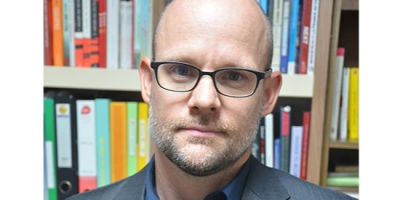The Nationalist Party has slammed the government over news that North Macedonia will enjoy a traffic analysis and route planning AI before Malta will.
PN MP Mark Anthony Sammut pointed out the unfairness of a Maltese idea first being launched in North Macedonia. Sammut, alongside the Shadow Minister for Research and Innovation (R&I) Ryan Callus, gave a reaction to the story reported by The Sunday Times of Malta in which the team behind AI technology aimed at traffic analysis and route planning with the promise of alleviating Malta’s traffic issues were struggling, due to lack of support, to get the project off the ground. It reported that although a homegrown project, lack of support – seemingly in part from the authorities – led to a situation where the technology will be employed in North Macedonia first.
Sammut made reference to the plan announced by government to deal with the traffic problem involving public consultation and modern technology, specifically intelligent traffic tracking, but pointed out that then it came to implementation, researchers and private investors in this AI found “the doors closed” by government. He noted the outrage of a Maltese idea not being launched first in Malta, but in North Macedonia, which will “enjoy it first.”
Sammut said that this is the product of a government that is “tired” and so riddled with “internal conflicts that it cannot focus on the needs of the Maltese public” and so “ignores them” and leaves the “doors closed” as a result. He assured that under PN administration, research and innovation will not only be encouraged but also supported.
On his part Callus made reference to the EU’s 2024 country profile with regards to R&I, which is the ranking the EU gives each member state with respect to research and innovation, and pointed out that it found “weaknesses in the sector.” He said that direct and indirect investment by the government and support to the industry of R&I is lacking, the cost by and in the public sector is left wanting and, finally, that the EU commission found a lack of design in various sections of R&I.
Callus said that in conclusion, “we are in a bad position that can be much improved” and the Maltese investment expenditure in R&I is one of the lowest in the EU with the private sector taking the lead. He also noted that the European commission found poor investment relative to a strong economy and said that this was due to funds being used “frivolously and in corruption.”














